Thinking parenting Blog

How temperament impacts children’s behaviour
Most parents instinctively understand that children are born with their own innate personality that drives their behaviour. (And if we weren’t sure of that, a second or subsequent child coming...

How to respond when children tell lies
Guest post by Victoria Talwar author of The Truth about Lying: Teaching Honesty to Children at Every Age and Stage (contains affiliate links*). “My child was standing before me and I could clearly...

Realistic expectations are good for children and parents
Having realistic expectations – of yourself and your children – is key to positive parenting. It builds children’s self-esteem, reduces parenting stress and helps you enjoy your...

When children’s emotions trigger parents’ emotions
“Becoming a parent brings with it a host of overwhelming feelings, both harrowing and beautiful: the surge of pure love when you watch your child sleeping; the tears of joy when they stand on...
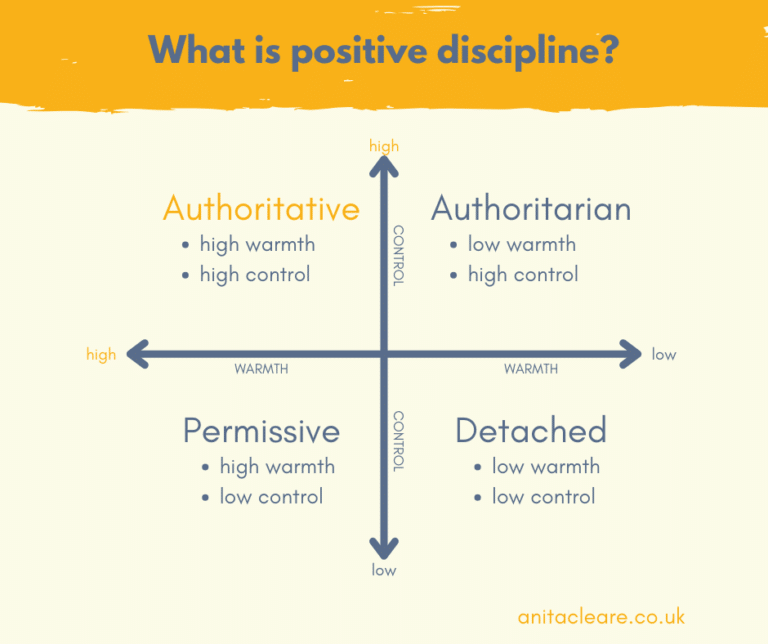
Positive discipline: warmth plus boundaries
When it comes to parenting styles, research consistently shows that children who are parented with a blend of warmth plus boundaries are most likely to experience positive outcomes in all areas of...

How not to shout at your kids
As parents, we all know that shouting at our kids isn’t a great idea. None of us embarked on parenting with ‘Shouty Mum/Dad’ as our ideal destination. But somewhere along the way,...
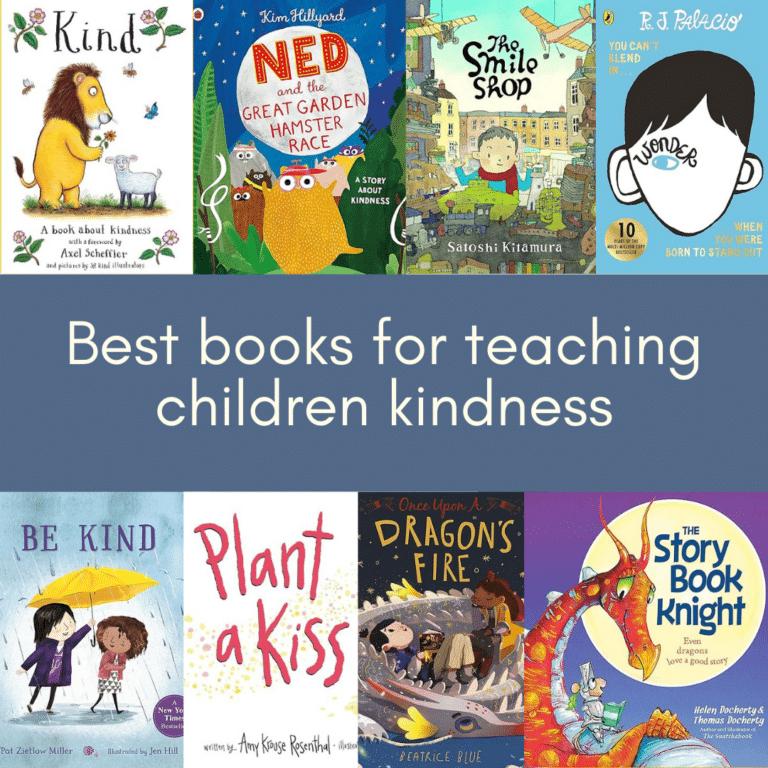
Best books for teaching children kindness
Books are a fantastic tool for teaching children kindness because they help children see the world through someone else’s eyes. They also provide clear illustrations for younger children on...

How to discipline a teenager?
Parenting a teenager can feel very disempowering. Discipline strategies we used when they were younger just don’t work any more. We can’t put them on the naughty step or make them go to...
Learning to be comfortable with our children’s discomfort…
When challenges happen in children’s worlds and they are held in the grip of big feelings, the last thing they need from their parents is a whirlwind. They don’t need us to throw our big...

What is an accidental reward?
Children are active participants in their own learning and development. One of the ways they learn is through action and reaction – through the direct consequences of their actions. If their...

Positive parenting tips for a harmonious family holiday
Family holidays are great. They are the stuff that memories are made of – full of relaxed time and laughter, the true essence and point of childhood. Well, that’s the theory, anyway! In...
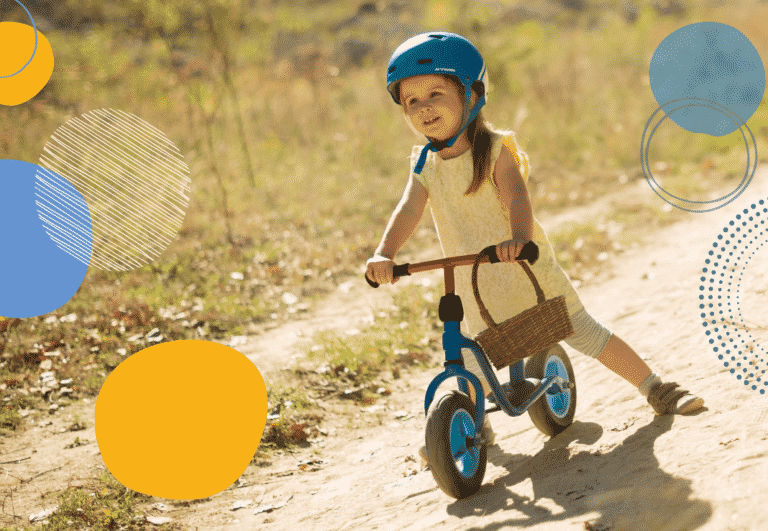
A positive parenting toolkit for the school holidays
The school holidays are upon us and I know how busy you are. So, I thought I’d help you save time on your holiday prep and bring together in one place all the positive parenting strategies...
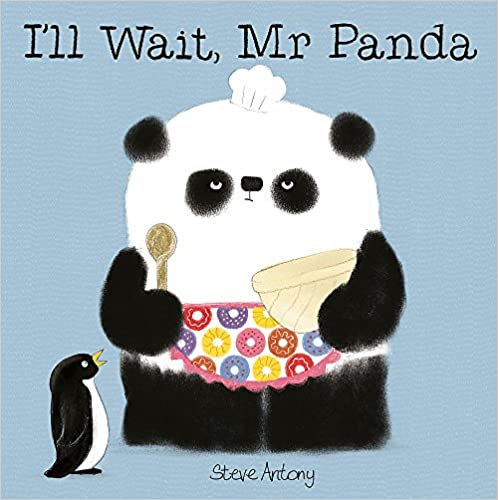
Best books to teach children social skills (2-7yrs)
The absolute best way for children to learn social skills is through practice. Young children needs lots of opportunities to play with other kids – older, younger and the same age. There will...

Children’s books on lying
Lying is an issue that every parent comes up against at some time or other. All children experiment with lying (see Why do children lie?). That’s perfectly normal and – although it can be...
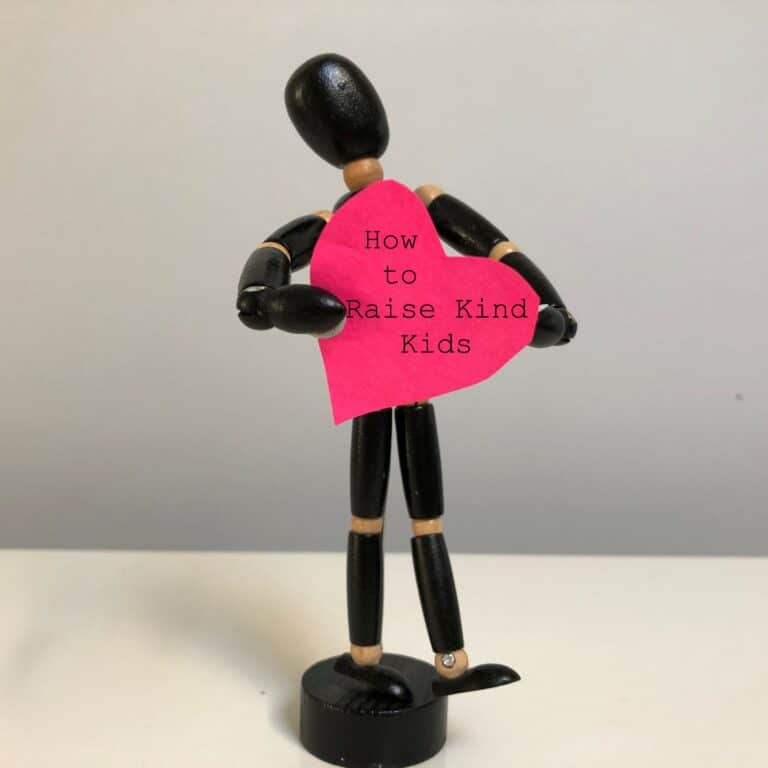
Raising Kind Kids
When I ask parents what their parenting goals are, raising kind kids is usually somewhere near the top of the list. Young children are capable of wonderful acts of compassion. But it takes time for...

Should I use Time Out?
There is a lot of contradictory advice out there about Time Out as a parenting strategy. Should parents use it? Does it work? Is it harmful? At what age should I use Time Out? Time Out has certainly...

Why don’t children just do what they’re asked?
A few thoughts on why children don’t always co-operate when you ask them to do something! If you are struggling with your child’s behaviour, check out our online parenting course and...

Positive parenting: using consequences for misbehaviour
One of the key ways that children learn is through cause and effect. “I do X and Y happens – I like Y so I will do X again. I do W and Z happens – I don’t like Z therefore I...

Positive parenting: ignoring children’s misbehaviour
As parents, the most powerful tool we have in our parenting toolbox is our attention. Children tend to repeat behaviour that gets our attention. So, logically, doing the opposite and ignoring...

How to survive long journeys with young children
With school holidays fast approaching, this is the time that parents start to dread the annual holiday exodus. That long haul flight seemed such a good idea when you booked it! (And the 5.30am take...

Why consistency in parenting is so important
I can’t imagine there is a parent out there who hasn’t heard that consistency in parenting is important. But why is consistency so important? How can we achieve it? And how do we know...

Encouraging co-operation: how to get children to do what they’re asked!
He just doesn’t listen! She just won’t do as she’s asked! Getting children to co-operate can be utterly infuriating. But when it comes to encouraging co-operation, there are some...

Building a family team spirit
There are lots of business theories about the science of team building. My favourite (mainly due to its simplicity) is the GRPI model. According to this model, in order for a team to be effective, it...
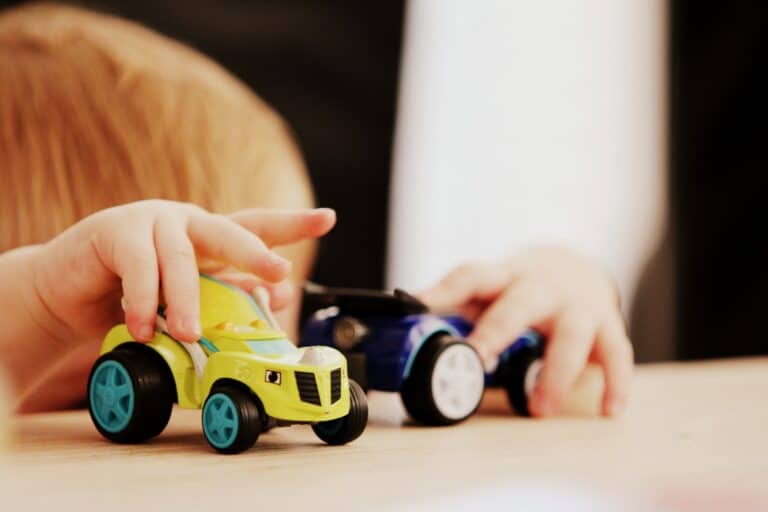
Teaching children to share: FAQs
If I had a penny for every time I have been asked about teaching children to share, I would be a very rich parenting expert indeed! It is one of the first post-babyhood problems that parents of...

What’s the difference between rewards and bribes?
Parents often worry about offering children too many incentives. Will it turn my child into a reward-junkie? Will my children always need rewarding to do anything? Will I raise a child who only...
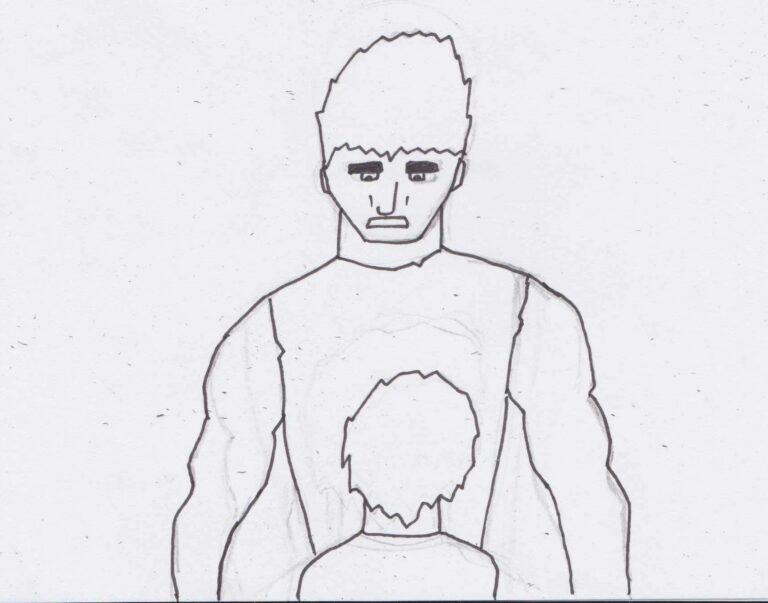
Bullying: where to find help
Sadly, more than half of UK children will experience bullying – either as victim, perpetrator or witness. Most bullying is quickly dealt with and most children bounce back from it. But for...
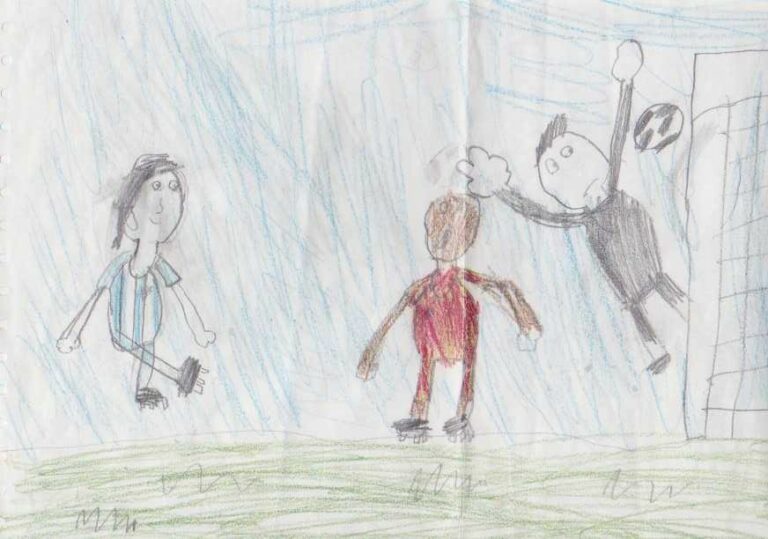
Ground rules: catch them being good!
In most parenting dilemmas, we have a choice about how to respond. Often, the decision boils down to a choice between being a policeman or a coach. Put crudely, the job of a policemen is to catch...
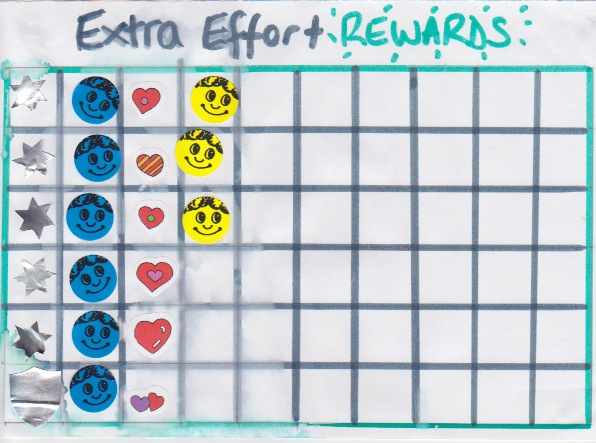
Making reward charts work
Reward charts are a fantastic positive parenting tool for encouraging the behaviour you want from your children. Whether it’s helping out around the house, being polite or using the...

Why do children lie?
Why do children lie? Let’s be honest, all children experiment with lying. It is normal and – although it can be quite shocking for parents – it is not necessarily the start of a...
